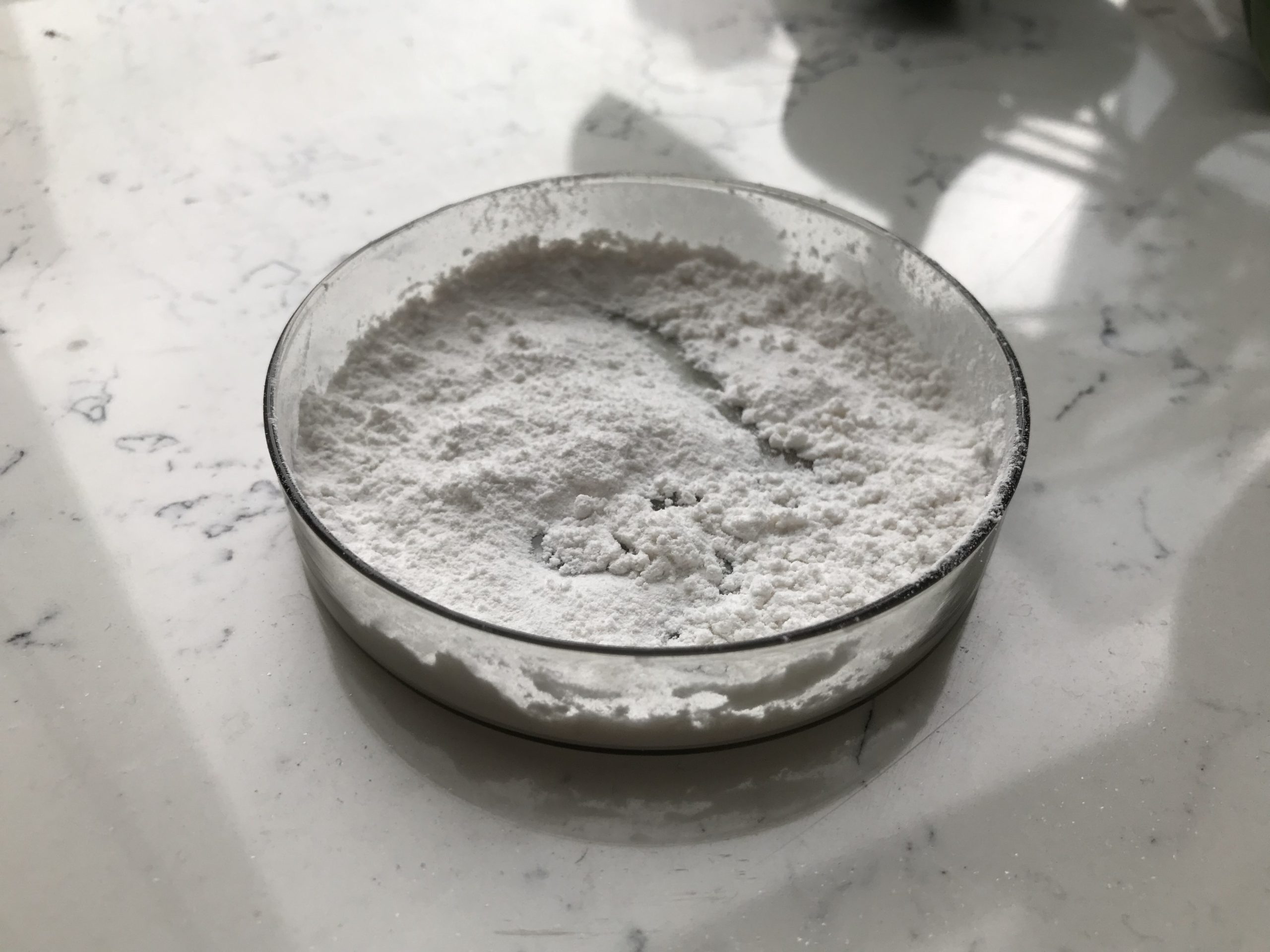Melatonin is a hormone that is naturally produced in the pineal gland of the brain and plays a key role in regulating the sleep-wake cycle, also known as the circadian rhythm. This hormone is responsible for helping to control the body’s internal clock, which influences when we feel awake and when we feel sleepy.
Melatonin production is influenced by the amount of light and darkness a person is exposed to. Typically, melatonin levels rise in the evening, signaling to the body that it’s time to prepare for sleep, and they decrease in the morning, allowing the body to wake up and be alert.

Melatonin supplements are also available over-the-counter and are often used to help people with sleep disorders, such as insomnia, or to alleviate jet lag by adjusting the body’s internal clock to a new time zone. However, it’s important to use melatonin supplements under the guidance of a healthcare professional, as their use can have side effects and may not be suitable for everyone.
In addition to its role in regulating sleep, melatonin has other potential functions in the body, including its role as an antioxidant and in supporting the immune system. Melatonin research is ongoing, and its potential benefits and uses continue to be explored.
How to use Melatonin?
Melatonin is a hormone that helps regulate sleep-wake cycles. It is commonly used as a supplement to help with sleep-related issues such as insomnia or jet lag. Here’s how to use melatonin effectively:
Consult with a healthcare professional: Before starting melatonin supplements, it’s a good idea to consult with a healthcare provider, especially if you have any underlying health conditions or are taking other medications. They can provide guidance on the appropriate dosage and usage.
Choose the right dosage: Melatonin is available in various dosages, typically ranging from 0.5 mg to 10 mg. It’s generally recommended to start with the lowest effective dose and adjust as needed. Most people find success with doses in the range of 1 to 3 mg.
Timing: Melatonin should be taken about 30 minutes to an hour before your desired bedtime. This helps signal to your body that it’s time to sleep. It’s essential to take melatonin at the same time each day to establish a consistent sleep schedule.
Create a sleep-friendly environment: In addition to taking melatonin, ensure your sleep environment is conducive to rest. This includes keeping your bedroom dark, quiet, and at a comfortable temperature. Reducing exposure to screens (phones, tablets, and TVs) before bedtime is also advisable, as the blue light emitted from these devices can interfere with melatonin production.
Limit exposure to artificial light: Exposure to artificial light, especially blue and white light, in the evening can suppress melatonin production. Consider using blue light-blocking glasses or reducing screen time in the evening to support melatonin’s natural release.
Avoid stimulating activities: Engage in relaxing activities before bedtime, such as reading a book, taking a warm bath, or practicing relaxation techniques like deep breathing or meditation.
Be consistent: Consistency is key when using melatonin. Stick to a regular sleep schedule, even on weekends, to help your body establish a natural circadian rhythm.
Monitor the effects: Pay attention to how melatonin affects your sleep. If you find that it’s not improving your sleep or if you experience adverse effects, consult your healthcare provider for adjustments or alternatives.

Use as a short-term solution: Melatonin is best used as a short-term solution for sleep problems. If you continue to have sleep issues, it’s important to address the underlying causes with the help of a healthcare professional.
Avoid dependency: Melatonin supplements should not be used as a long-term solution or relied upon as a daily sleep aid. Over time, your body may become less responsive to melatonin, and it’s best to use it intermittently.
Remember that individual responses to melatonin can vary, and it may not work for everyone. If you have persistent sleep problems, it’s important to address them holistically, including through lifestyle changes, stress management, and potentially other treatments under the guidance of a healthcare professional.
